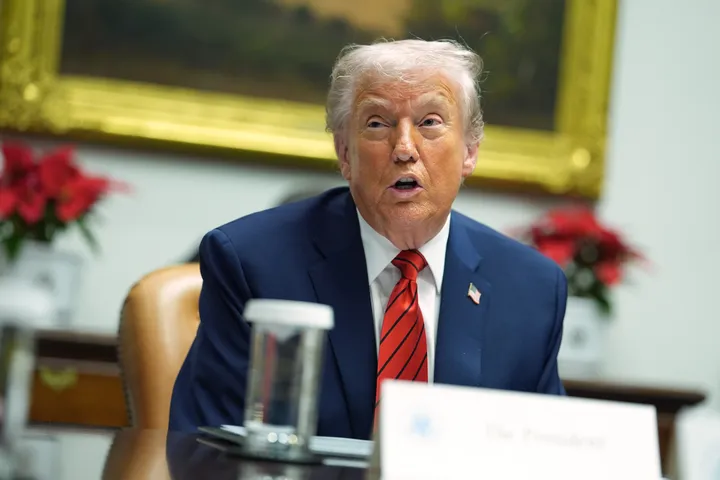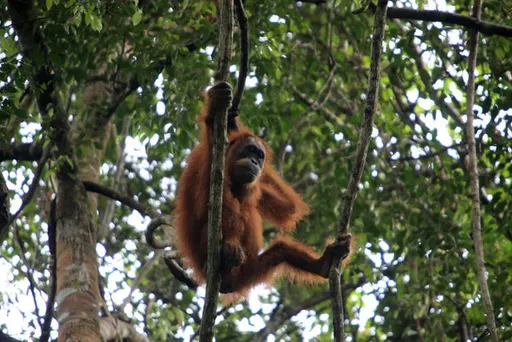Brazil will reinstate a mining ban in a vast area of the Amazon rainforest, the government announced on Monday, in an about-face that is a victory for environmentalists who feared deforestation.
The Mines and Energy Ministry said in a statement that President Michel Temer's administration had decided to revoke an August decree abolishing the National Reserve of Copper and Associates (Renca), an area of roughly 46,100 square kilometres (17,800 square miles) or slightly larger than Denmark.
The decision will be published in the Official Gazette on Tuesday, officials said.
The reserve in the northern states of Amapa and Para was established in 1984 to protect what are thought to be significant deposits of gold, copper, iron ore and other minerals from the perceived threat of foreign miners at the time.
The reserve covers a section of the Amazon, the world's largest rainforest, the preservation of which is seen as essential to soaking up carbon emissions responsible for global warming.
The government said it would revisit the issue in the future in a wider debate on the issue.
"Brazil needs to grow and create jobs, attract mining investment and even tap the economic potential of the region," the ministry statement said.
The government had argued that lifting the ban would be a boon to the economy and would allow better oversight of the area estimated to have 1,000 people illegally mining there.
Mining and Energy Minister Fernando Coelho Filho and other officials have maintained that the reserve merely applied to mining and that other protections for conservation areas and indigenous land inside Renca would remain.
But environmentalists argued that merely building roads or infrastructure in the area would bring deforestation and threaten biodiversity.
"If carried out, the cancellation of the decree shows that, no matter how bad, there is no leader absolutely immune to public pressures," Marcio Astrini, coordinator of public policy for environmental group Greenpeace, said in a statement.
"It is a victory of society over those who want to destroy and sell our forest."
The government had steadily backtracked in the face of the criticism, legal action and efforts to overturn the decree in Congress.
A judge also granted an injunction blocking the decree.
























